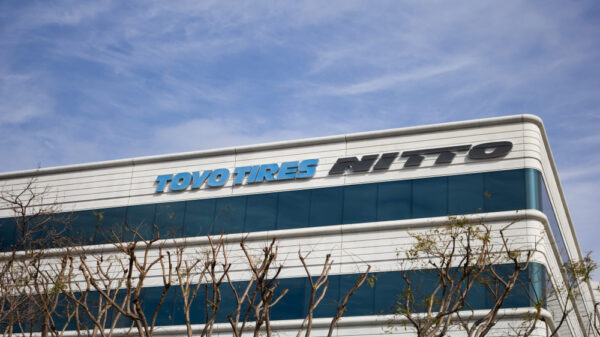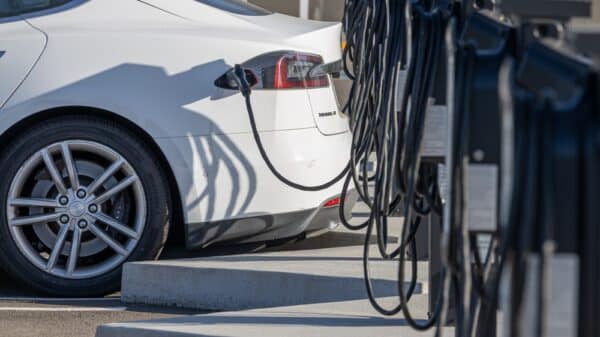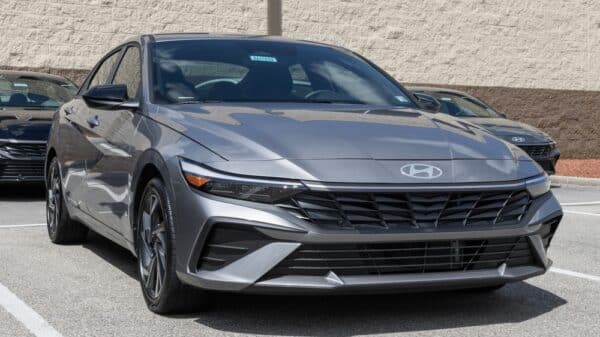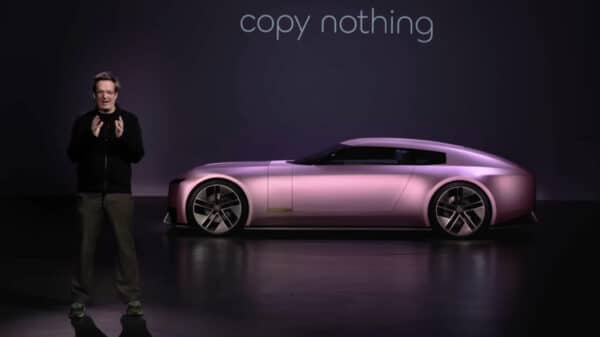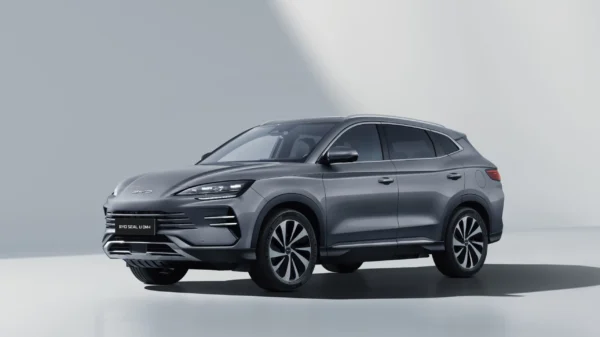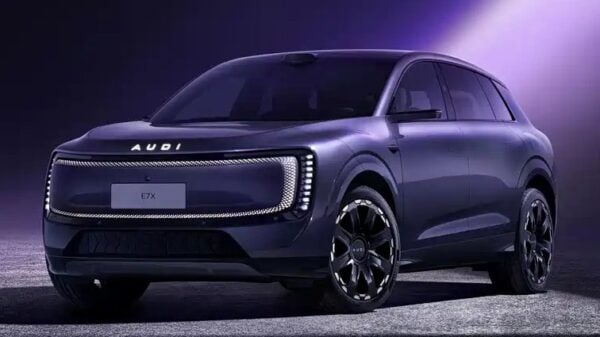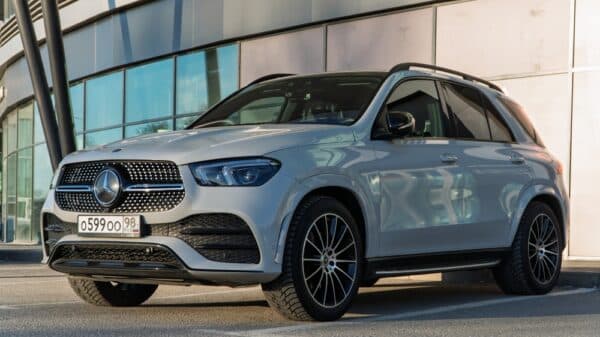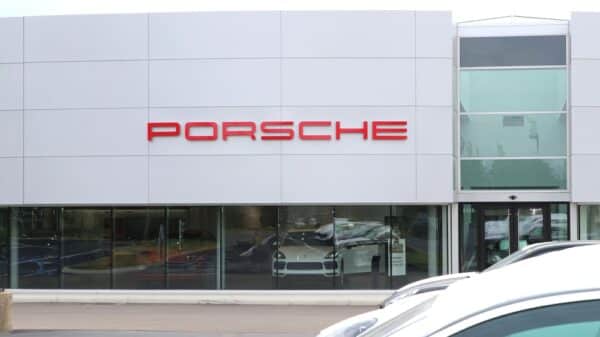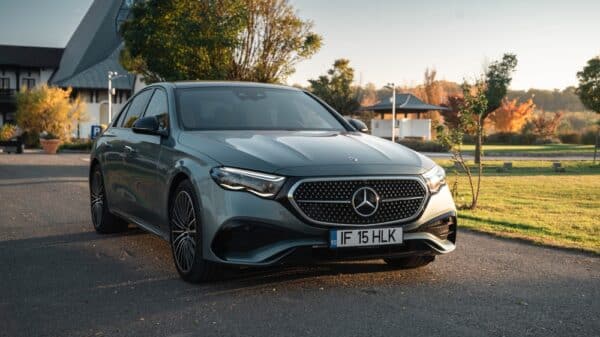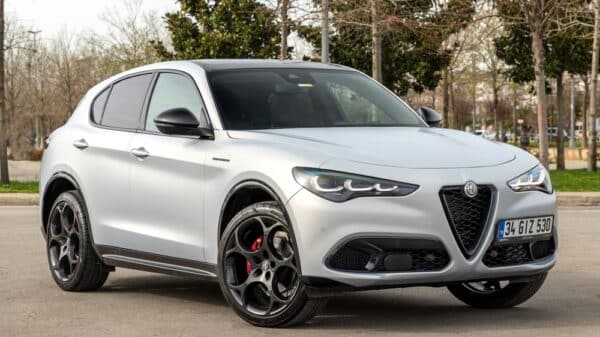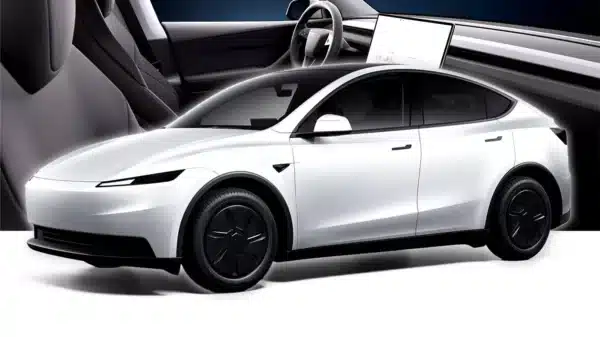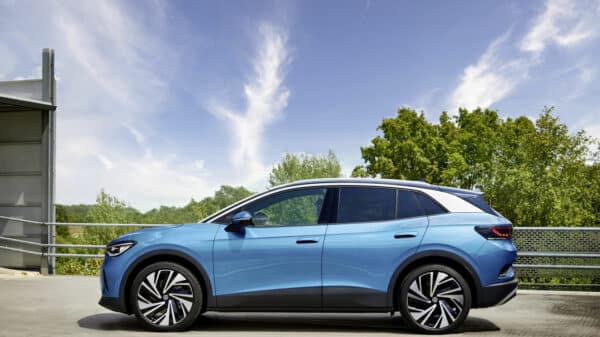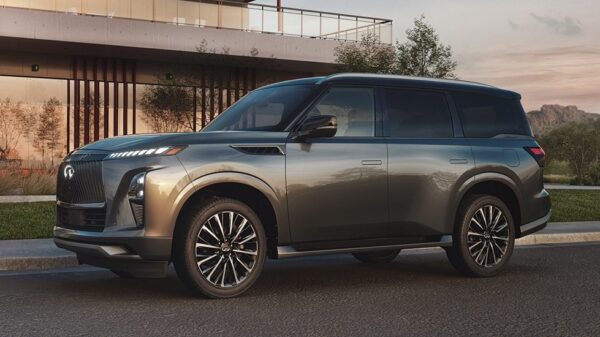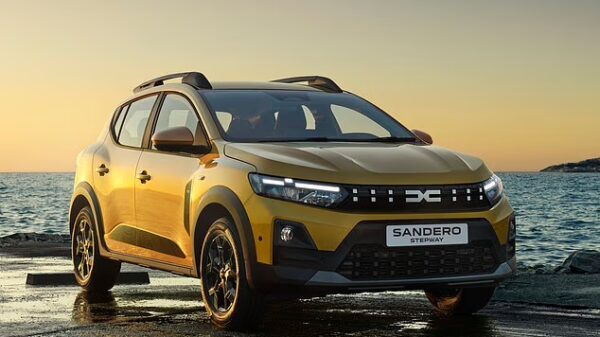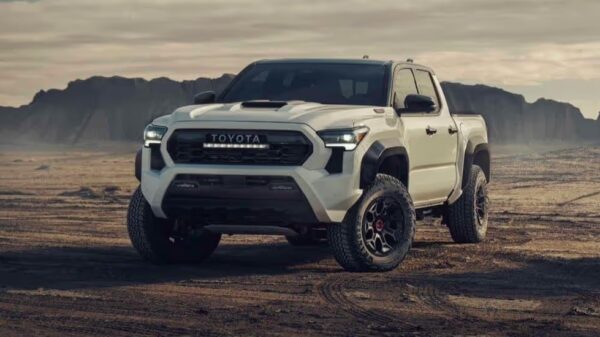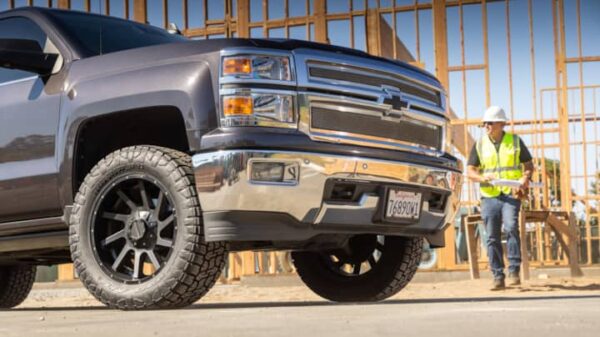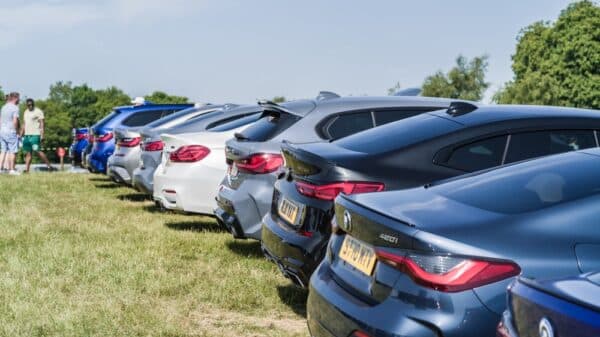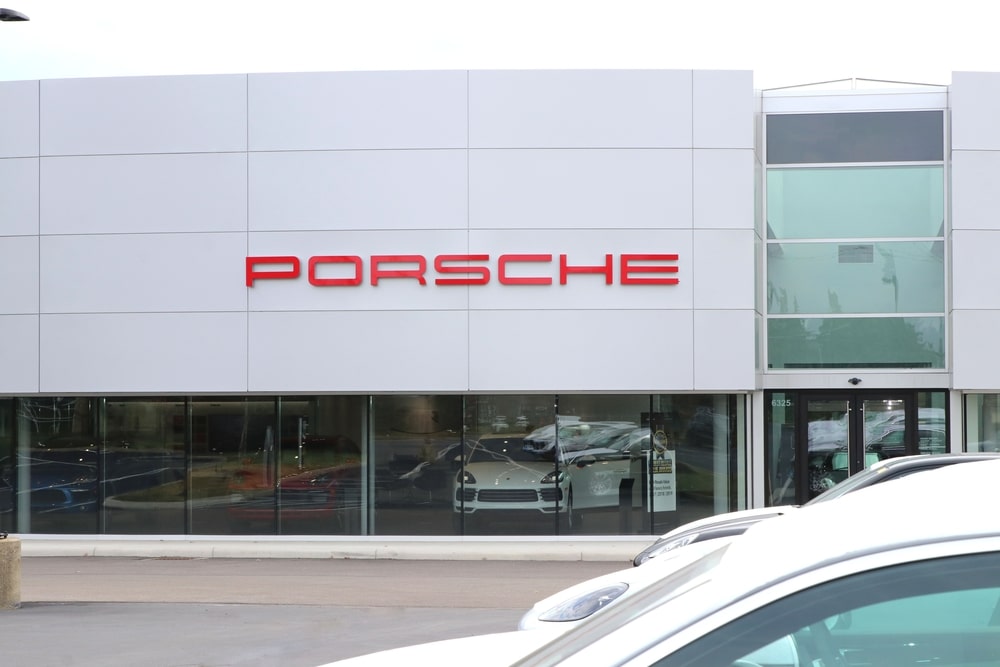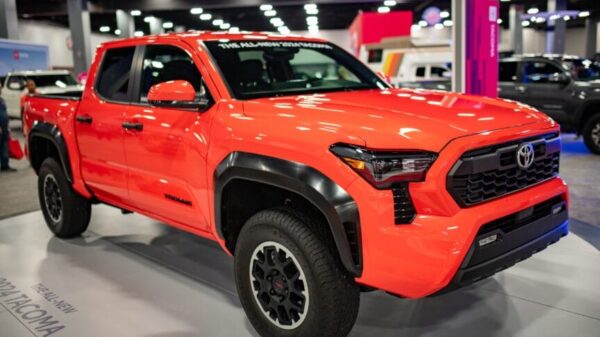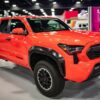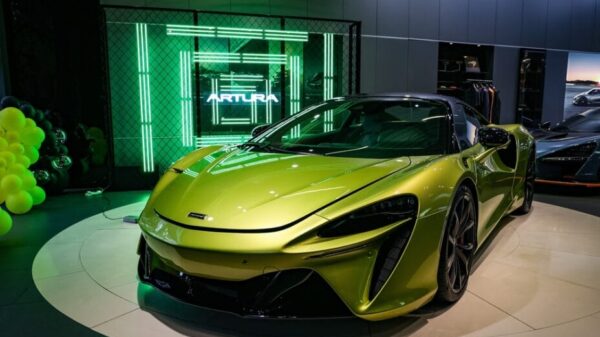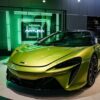Audi and Porsche, two of Germany’s most prestigious automakers under the Volkswagen Group umbrella, are undergoing major workforce reductions—an unmistakable sign of the automotive industry’s growing pains amid its transition to electric mobility.
Just days apart, Porsche announced 3,900 job cuts by 2029, followed closely by Audi’s plan to trim 7,500 roles over the same period. While Porsche’s reductions span various departments, Audi’s latest round zeroes in on non-production roles, such as administration and R&D. This follows Audi’s earlier decision to cut 9,500 production jobs since 2019, showing a strategic shift in how the company is positioning itself for the EV era.
For thousands of employees, this marks a deeply unsettling time. Although both automakers plan to minimize layoffs through retirements, voluntary exits, and natural contract expirations, the reality remains clear: the automotive workforce is being reshaped.
These announcements are part of a wider contraction across the Volkswagen Group. In late 2023, the company outlined a goal to cut a total of 35,000 jobs by the end of the decade, with an additional 1,600 roles to be eliminated from its Cariad software division. That brings the total to nearly 48,000 jobs potentially on the chopping block.
Why the Cuts?
The reasons are multifaceted. Audi and Porsche are grappling with declining vehicle sales, particularly in China, a market once considered a stronghold. At the same time, the shift toward electric vehicles is demanding massive investment in R&D and production restructuring. Meanwhile, rising global costs and looming tariffs in the U.S. are tightening margins.
One significant casualty is Audi’s Brussels factory, where the Q8 E-Tron is assembled. The electric SUV failed to meet sales expectations, prompting Audi to consider shutting down the plant entirely—a rare move for a luxury marque.
Looking Ahead: Strategic Shifts and New Models
Despite the harsh headlines, both brands are pressing forward with ambitious EV plans. Audi is expected to launch an entry-level electric model, potentially an e-version of the A3, from its Ingolstadt facility. There’s also speculation about a new model coming to its Neckarsulm plant as the brand seeks to retool its production capacity for the electric age.
At Porsche, the focus is equally dynamic. Next year, the brand will roll out both gas and electric variants of the Cayenne, preserving choice for consumers. Even more notable is the development of an all-new three-row electric SUV, slated for release by 2027. And while the electric Macan remains a cornerstone of Porsche’s EV strategy, the company is reportedly working on a new gas-powered SUV to sit alongside it—suggesting a nuanced, transitional product strategy rather than an all-in pivot to electric.
A Crossroads for Iconic Brands
These layoffs underscore a difficult but inevitable transformation. For workers, these changes are deeply personal. For the industry, they reflect a recalibration of priorities. The EV transition isn’t just about batteries and charging stations—it’s also about retraining workforces, rethinking supply chains, and making tough financial calls.
Still, the continued development of innovative vehicles—both electric and combustion—shows that Audi and Porsche remain committed to their legacies of performance, design, and engineering excellence. As the auto world redefines itself, these brands are signaling that while the path ahead may be turbulent, they’re steering toward a future where adaptability is key to survival.
Image Source: Eric Glenn / Shutterstock




